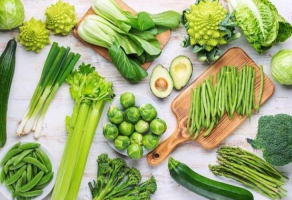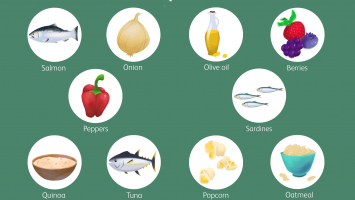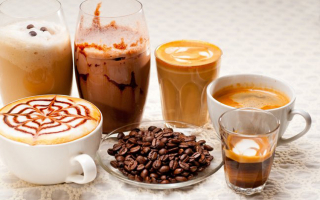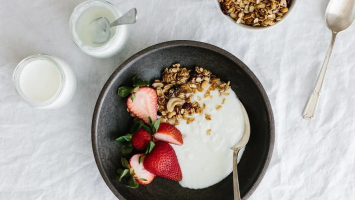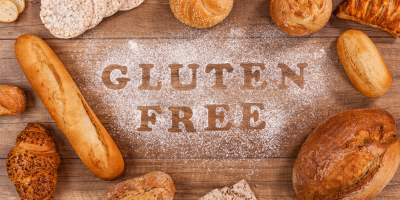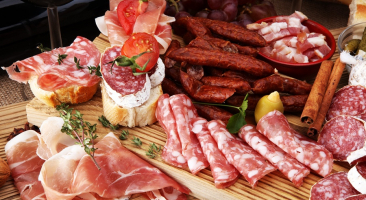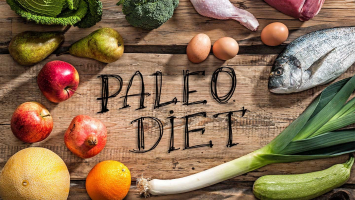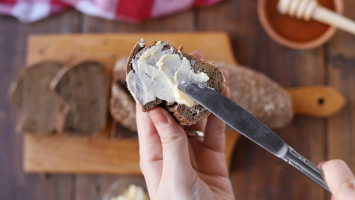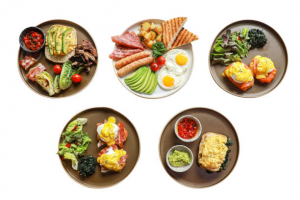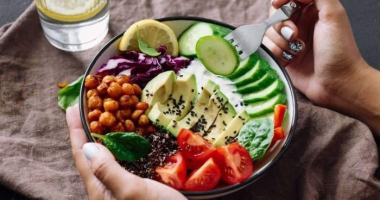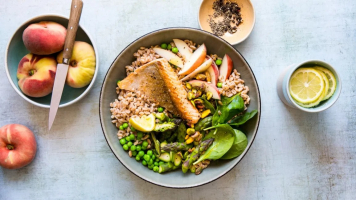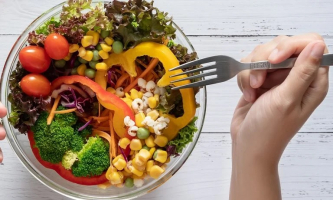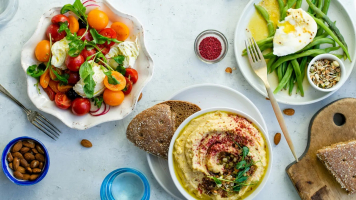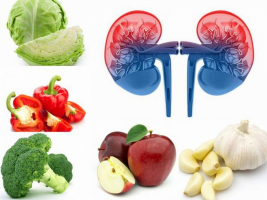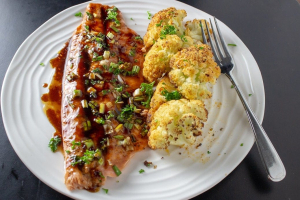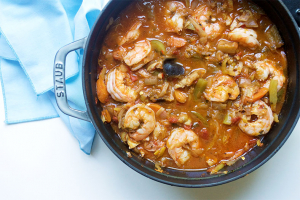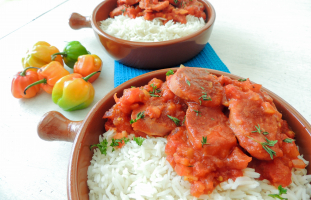Top 10 Foods to Avoid with IBS
A healthy diet consists of a variety of nutritious foods. However, those who suffer from irritable bowel syndrome (IBS) could find that some foods make their ... read more...symptoms of uncomfortable digesting worse. It's a good idea to create a single list of foods to avoid because the specific foods that cause IBS to flare vary from person to person. Below are some of the foods to avoid with IBS!
-
In general, dietary fiber promotes intestinal health and gives the diet more bulk. There are many foods that are high in fiber such as whole grains, vegetables, fruits, etc. Foods include one of two types of fiber insoluble and soluble.
The majority of plant-based foods include both soluble and insoluble fiber, but some are particularly abundant in one. For example, soluble fiber is concentrated in beans, fruits, and oat products; while insoluble fiber is concentrated in whole grain products and vegetables. The majority of IBS sufferers benefit greatly from soluble fiber. The American College of Gastroenterology (ACG) advises using inexpensive, efficient soluble fiber supplements, including psyllium, to treat IBS. They claim, however, that insoluble fiber, such as wheat bran, may exacerbate pain and bloat. Each person has a unique level of fiber tolerance. Insoluble fiber-rich foods may make some IBS sufferers' symptoms worse, whereas other IBS sufferers have no problems with them. Furthermore, some IBS sufferers may experience problems from soluble fiber-rich foods like beans.
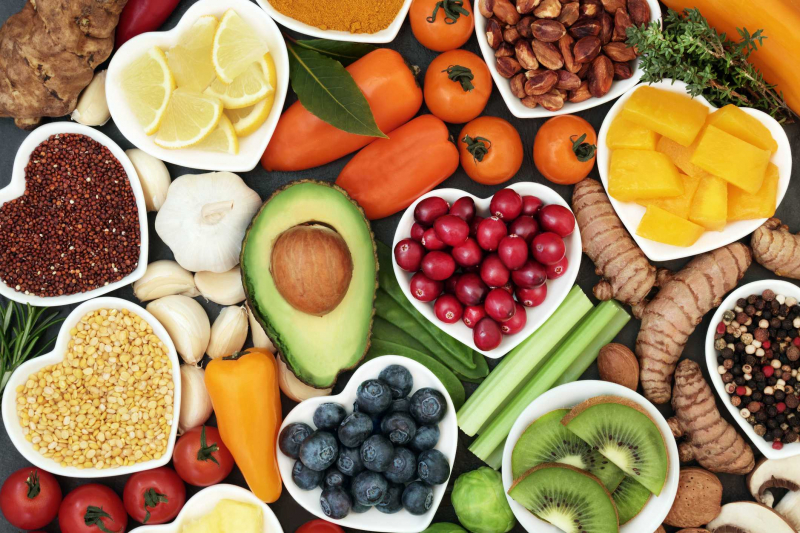
Insoluble fiber 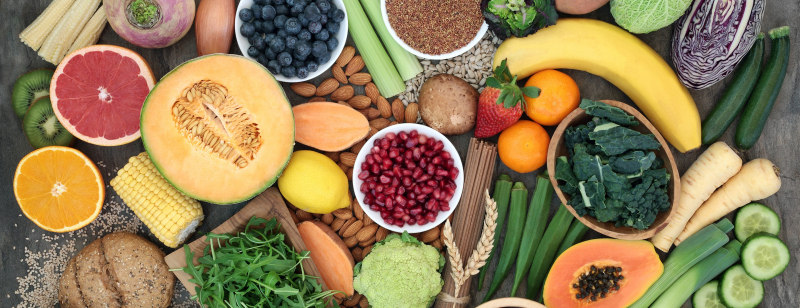
Insoluble fiber -
Some IBS sufferers may experience issues with the gluten protein group, which is present in grains like rye, wheat, and barley. Celiac disease is a significant immune response to gluten that occurs in some people. Some people may be gluten intolerant. These illnesses have symptoms with IBS that are mostly characterized by diarrhea.
According to a 2015 study, research shows that a gluten-free diet can reduce IBS symptoms in about half of those who have been tested. Some medical professionals advise IBS patients to try cutting out gluten to see if their symptoms get better. Try a gluten-free diet if you find that gluten aggravates your symptoms. The good news is that gluten-free products are quickly becoming more and more available on the market. You can always choose gluten-free versions of foods like pizza, pasta, cakes, and cookies if you really must have them.
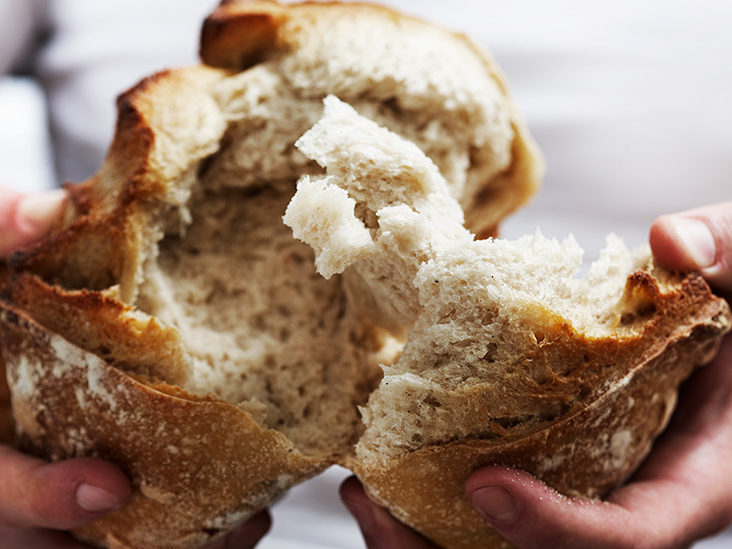
Gluten 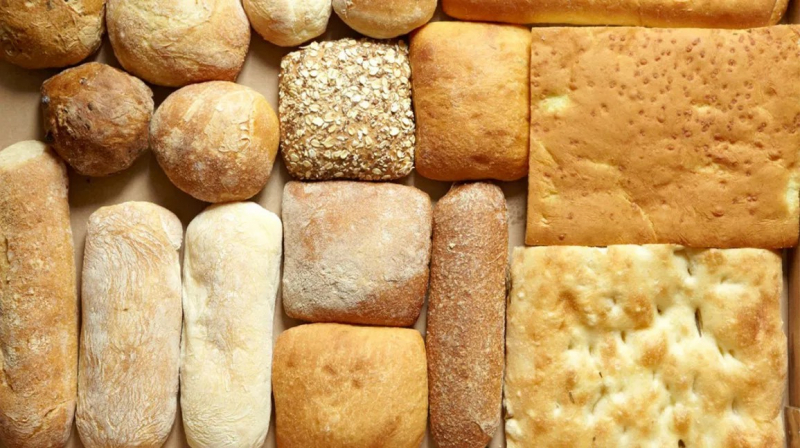
Gluten -
For a variety of reasons, dairy may be problematic for IBS sufferers. First, a lot of dairy products include a lot of fat, which can cause diarrhea. Switching to nonfat or low-fat dairy may help you feel better.
Second, a lot of IBS sufferers claim that milk makes their symptoms worse, while it's not known if this is true or if IBS patients are more likely to be lactose intolerant. Consider switching to dairy substitutes, such as plant milk and soy-based cheese, if you think that dairy or milk products are causing uncomfortable stomach issues. Focus on consuming other calcium-rich foods including greens, beans, nuts, sardines, seeds, etc, instead of dairy if you must fully take out dairy. It is advised to choose calcium-rich foods rather than calcium supplements because, according to a 2017 study, supplements frequently cause more harm than good.
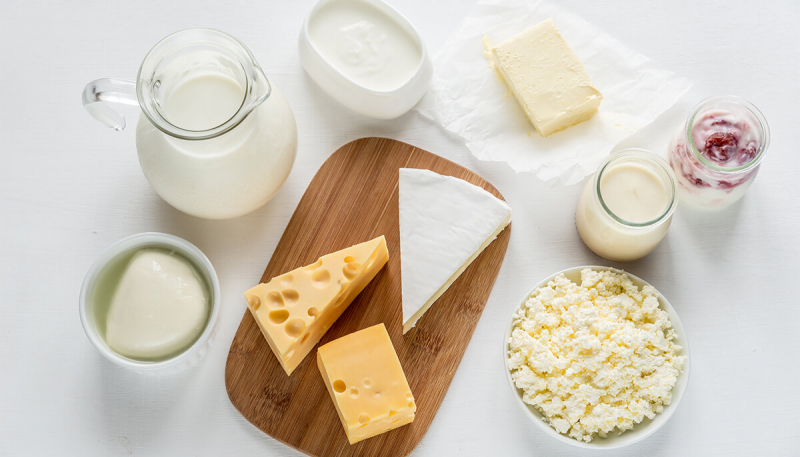
Dairy 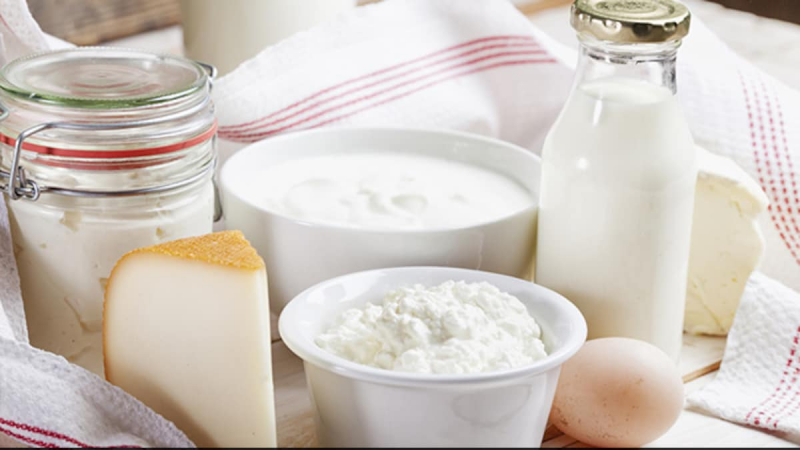
Dairy -
The typical Western diet frequently includes fried foods like French fries. Overeating, however, can lead to health issues. People with IBS may experience particular digestive problems due to the high-fat content. In fact, frying food can change its chemical structure, making it harder to digest and increasing the likelihood of unpleasant gastrointestinal symptoms.
Many IBS sufferers find that fatty, greasy foods can exacerbate their condition. “Greasy and fried food is problematic for IBS because it is so difficult to digest and can wreak havoc on anyone with the slightest digestion sensitivity”, explains nutritionist and founder of The What If Plan, Kate Llewellyn-Waters. For better gut health, cut off fast food and build your diet around leaner meat cuts, citrus fruits, green vegetables, and whole grains. Try baking or grilling your favorite foods as a healthier alternative.
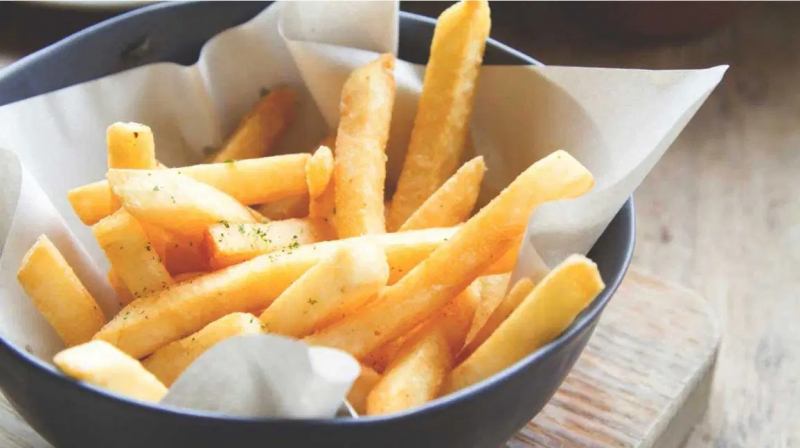
Fried foods 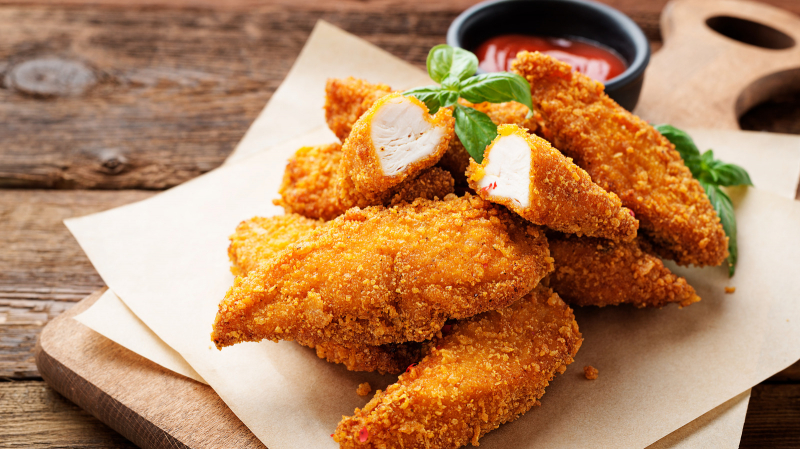
Fried foods -
Beans and related legumes such as chickpeas, black-eyed peas, split peas, and lentils, commonly referred to as pulses, contain saccharides, which are indigestible carbohydrates that can lead to gas and bloating.
The amount of these indigestible carbohydrates varies between bean varieties, so it’s best to stick to a small amount when experimenting with new types. To see if it helps with your IBS symptoms, try to limit your intake of beans. People with IBS should generally avoid eating too many beans and focus on getting enough fiber from other sources. To avoid side effects, dried beans should be soaked for 24 hours and all canned beans should be well rinsed before cooking, which will help facilitate easier digestion in the body.
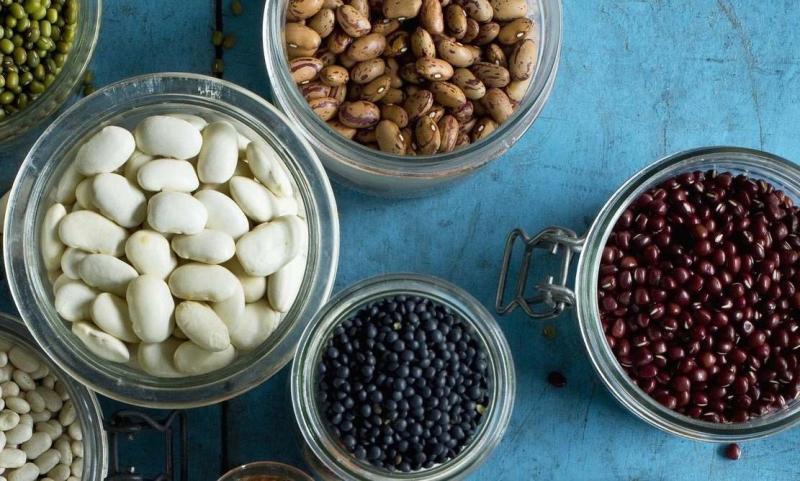
Beans and legumes 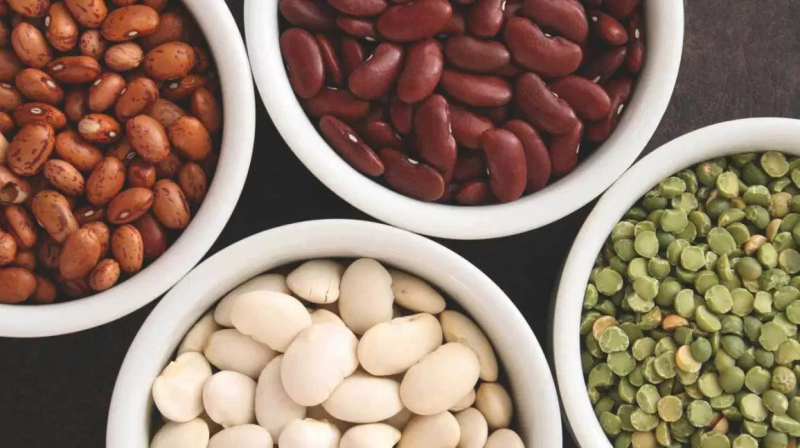
Beans and legumes -
When you are diagnosed with irritable bowel syndrome (IBS), your doctor will likely tell you about some common triggers. "You may need to be careful around dairy, fried foods, and caffeine”, they might say.
One of the foods that can quicken intestinal motility is caffeine. IBS patients may be particularly sensitive to these faster contractions. You can as a result have IBS symptoms including diarrhea and stomach pain. Coffee, tea, cola drinks, chocolate, and some over-the-counter medications made to ease headaches are high sources of caffeine; so carefully read the labels. Instead, think about having a small snack or going for a short walk if you need an energy boost.
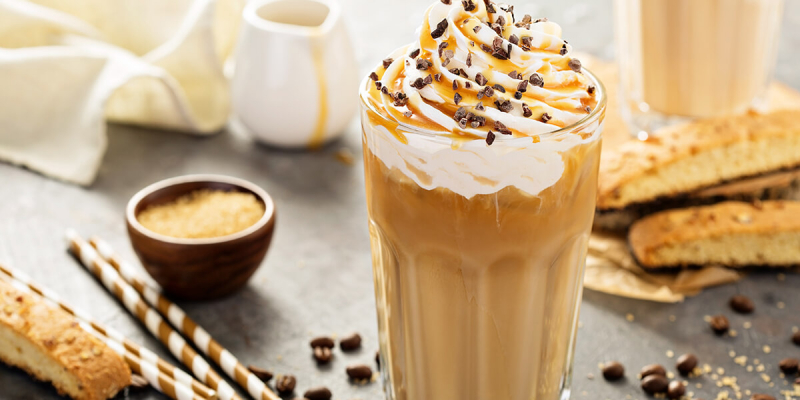
Caffeinated drinks 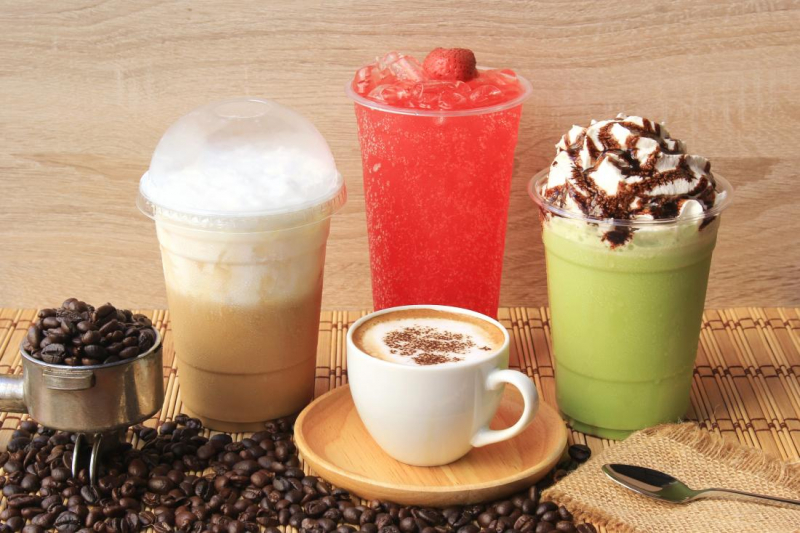
Caffeinated drinks -
Typically, processed foods are high in added salt, sugar, and fat. Processed food examples include chips, premade frozen meals, processed meats, deep-fried foods, etc. Anybody who consumes too much of these ingredients may have health issues.
Additionally, they frequently include additives or preservatives that could cause flare-ups of IBS. If you have IBS, any portion of your diet that is made up of processed foods can increase your symptoms in frequency and severity. According to a review published in 2019, eating 4 servings of highly processed food each day increased the risk of developing IBS, along with cancer, obesity and high blood pressure. Making meals at home or buying fresh produce is a healthy substitute for buying processed foods when it is possible.
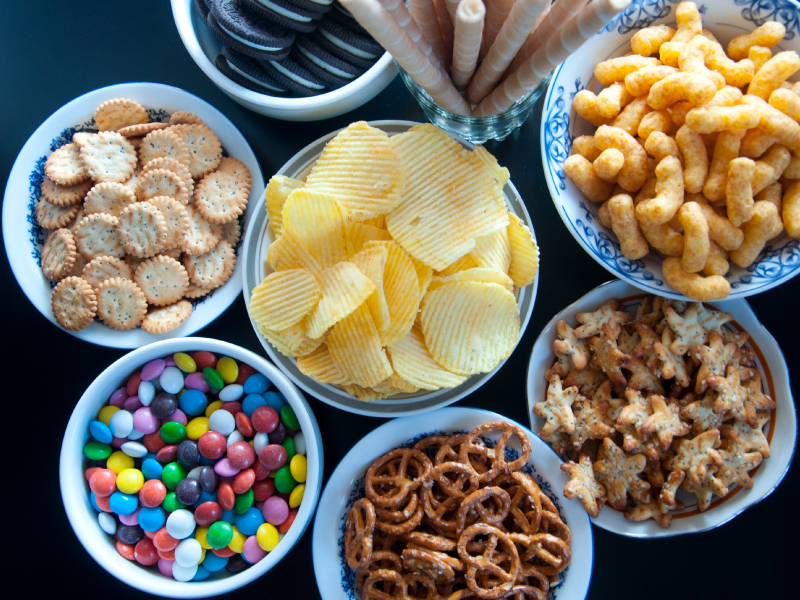
Processed foods 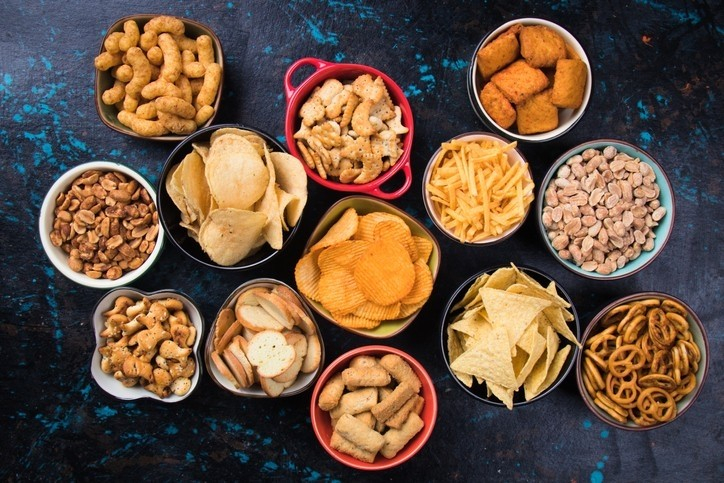
Processed foods -
When it comes to IBS, being sugar-free does not necessarily imply improved health. Sugar-free sweeteners are frequently found in sugarless candy, gum, most diet drinks, mouthwash, etc.
Typical sugar substitutes consist of sugar alcohols, artificial sweeteners, natural zero-calorie sweeteners like stevia, etc. Artificial sweeteners, which may be harmful to your health, may include the following ingredients sucralose, acesulfame potassium, aspartame, etc. In some research, sugar alcohols are particularly difficult for people with IBS to digest and as a result cause gas, digestive discomfort, laxative effects, etc. Sorbitol and mannitol are two common sugar alcohols that might exacerbate IBS symptoms. You can prevent using these chemicals by carefully reading the ingredient labels of any sugar-free products.
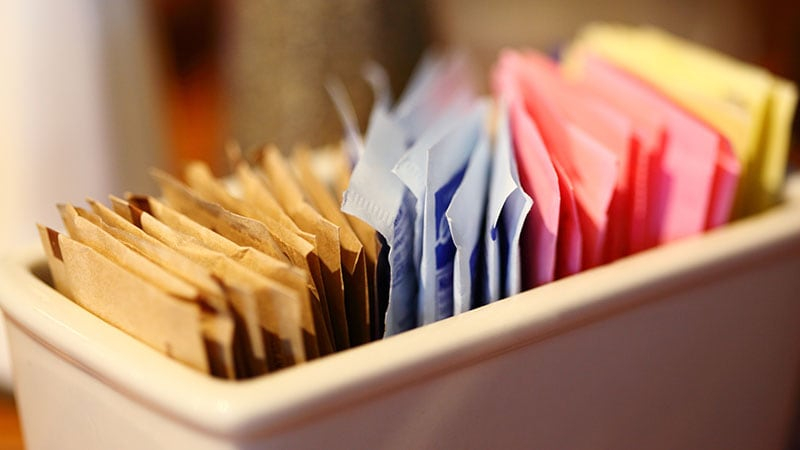
Sugar-free sweeteners 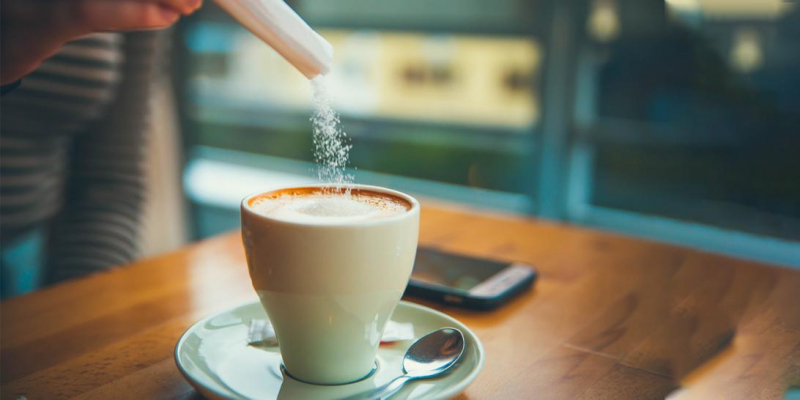
Sugar-free sweeteners -
Powerful antioxidants found in chocolate, especially dark chocolate, have been shown to improve circulation and decrease blood pressure. Unfortunately, it is also known to cause migraines and IBS symptoms in some people.
Chocolate has historically been thought to be a potential cause of gut symptoms like diarrhea, gas, bloating, cramping, and pain. This is because chocolate, especially milk chocolate, contains a lot of sugar, milk proteins, fat, and lactose, all of which can make people sick. Consuming chocolate can cause constipation in some people. Most people can tolerate small amounts of chocolate and other sweets, but if you have lactose intolerance or IBS, the more you eat, the more you tempt fate. People with IBS frequently find some vegan chocolate options to be more tolerable.
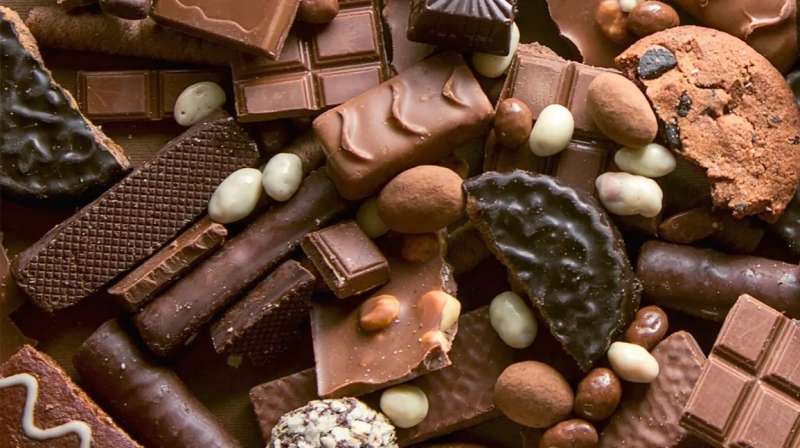
Chocolate 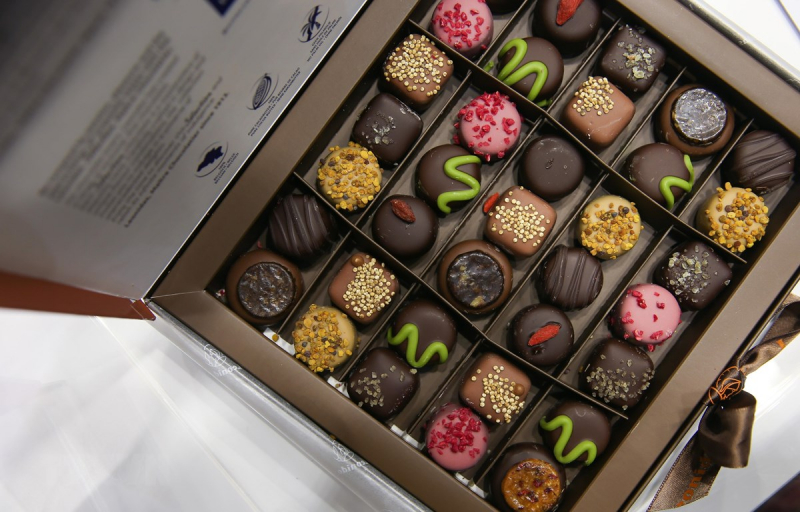
Chocolate -
For those with IBS, alcoholic drinks are frequently a trigger. Alcohol has been shown to irritate the gut, which can lead to a flare-up of IBS symptoms.
This is due to how the body breaks down alcohol. Alcohol can also cause dehydration, which can affect digestion. Beer is a particularly dangerous choice because it frequently contains gluten, and wines and mixed drinks might have a lot of sugar. If drinking alcohol is one of your triggers, you may experience worsening cramping or bloating after even a modest amount has been consumed. If you are very sensitive to alcohol, you can also get diarrhea or constipation. Alcohol use should be restricted to help with IBS symptoms. If you decide to drink, choose a beer that doesn't include gluten or a beverage that's been mixed with plain seltzer and doesn't contain any artificial sweeteners or added sugar.
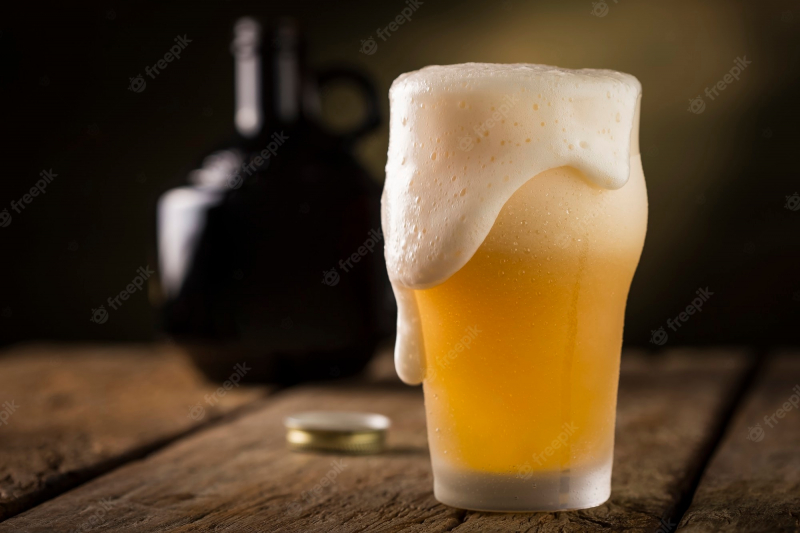
Alcohol 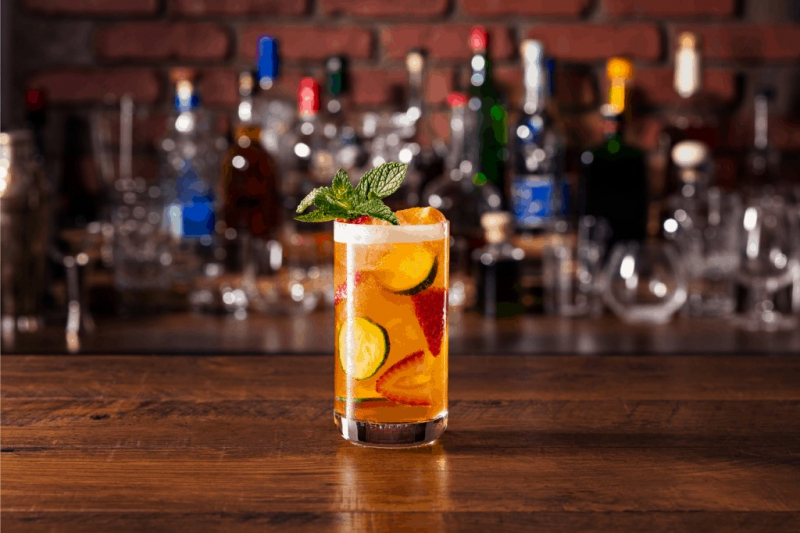
Alcohol












